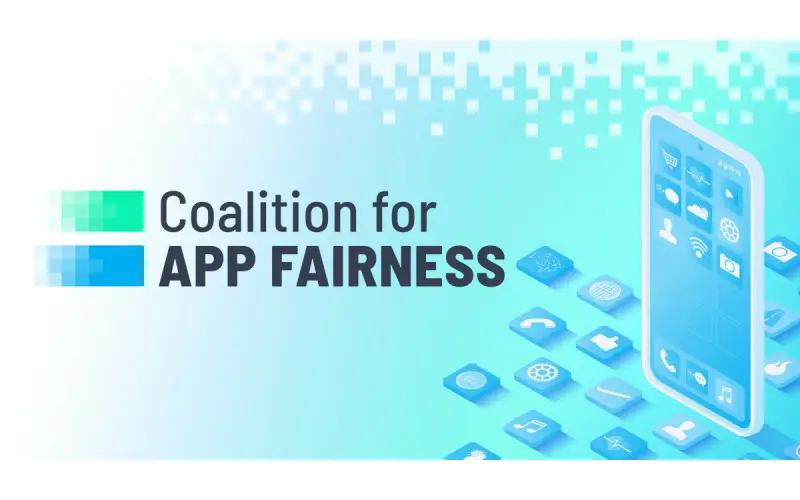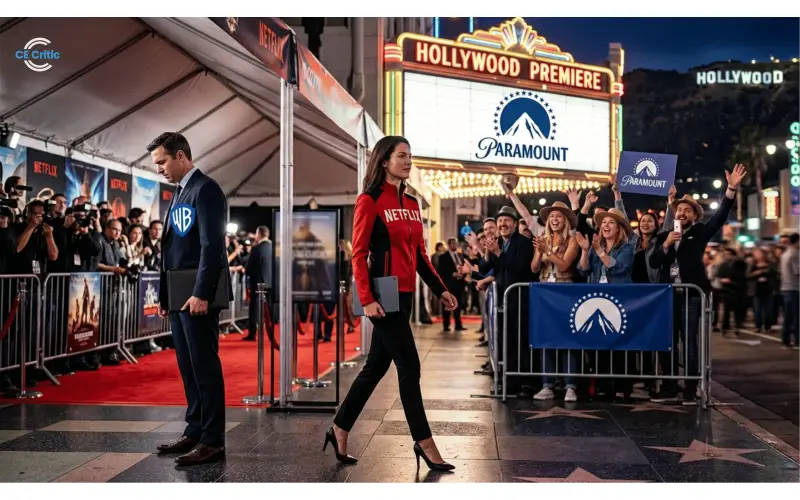By CE Critic - Buy Better Tech
Table of Contents
- Introduction
- Apple's Antitrust History
- Spotify's Pushback
- Epic Games vs. Apple
- European Union and the DMA
- The DOJ Lawsuit: Impact on Movies, TV, and More
- Apple's Response
- The Coalition for App Fairness: A Unified Voice
- Conclusion
Introduction
Apple, the tech giant renowned for its sleek devices and integrated ecosystem, faces mounting pressure from app developers and regulators. The Justice Department (DOJ) recently filed a major antitrust lawsuit against the company, alleging monopolistic practices in the mobile app market. This lawsuit comes amidst a growing wave of discontent from app developers, spearheaded by companies like Spotify, Deezer, Qobuz, and Epic Games, who are strongly critical of Apple's stringent App Store rules and hefty commissions, often dubbed the "Apple tax."
Apple's Antitrust History
Apple's current legal troubles are not unprecedented. Let's take a brief look at the company's history with similar antitrust battles:
-
Spotify's Pushback: Music streaming giant Spotify has been a vocal critic of Apple's practices for years. Their formal complaint to the European Union in 2019 spurred investigations into Apple's alleged anticompetitive behavior.
-
Epic Games vs. Apple: In 2020, Epic Games, creator of the popular game Fortnite, challenged Apple's dominance by offering players a direct payment method, circumventing Apple's 30% commission. The resulting legal battle has seen mixed results, with some wins for Epic (like the ruling allowing developers to guide users to external payments) but without proving Apple to be a monopoly.
-
European Union and the DMA: The EU's landmark Digital Markets Act (DMA) forced Apple to make concessions. However, Spotify and others argue that Apple's plans for complying with the DMA fall short of the legislation's true intent, resulting in a significant €1.95 billion fine for Apple.
The DOJ Lawsuit: Impact on Movies, TV, and More
The DOJ's 88-page complaint casts a wide net over Apple's operations, arguing the company has violated antitrust laws by maintaining monopolistic control over the smartphone market. Crucially, this lawsuit extends beyond app disputes and takes aim at Apple's growing involvement in the entertainment industry.
Apple's substantial market share in the premium smartphone sector raises concerns that consumers are becoming increasingly tied to iPhones, making it harder to switch to competing devices. In the entertainment sphere, Apple TV+ has shaken up the streaming market with its low subscription fees and bundled offers. However, the DOJ worries that Apple's influence could stifle creativity and limit the choices available to consumers.
The government believes Apple could use its dominance to influence what shows and movies get made, potentially squashing innovation in the entertainment industry. To level the playing field, the DOJ seeks structural changes that might force Apple to separate some of its products and services, though the lawsuit does not aim to break up the company.
Apple's Response
Apple fiercely denies the allegations in the lawsuit, claiming that the proposed policy changes would interfere with their ability to deliver the seamless user experience that defines their brand. They see the lawsuit as a misguided attack on both their business model and the principles that distinguish Apple products. Apple plans to vigorously defend itself in court, setting the stage for a potentially lengthy legal battle.
The Coalition for App Fairness: A Unified Voice
The Coalition for App Fairness (CAF), founded by Epic Games and counting Spotify, Deezer, Qobuz, and others among its members, strongly supports the DOJ's antitrust case. The CAF's executive director, Rick VanMeter, believes the lawsuit will address Apple's long history of anticompetitive behavior. CAF continues to lobby for laws like the Open App Markets Act, which targets the restrictive practices of major app stores.
Conclusion
The outcome of this antitrust lawsuit could reshape the mobile app landscape and the entertainment industry. While the legal process will likely be protracted, it highlights the growing dissatisfaction within the developer community regarding Apple's stringent policies and high fees. This case could usher in changes for Apple and the way it conducts business across multiple sectors.





